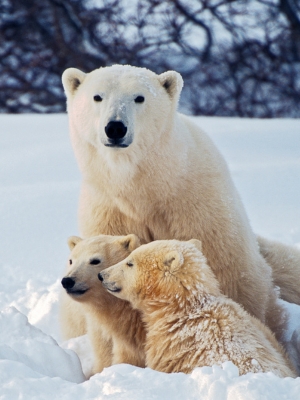Thank you to everyone who has taken action by contacting Fish and Wildlife Service and Charles River Laboratories to ask for them to work with us to rescue the juvenile macaques illegally imported for the lab trade.
The Good News
We are pleased to say that, thanks to your efforts and those of PETA’s supporters, the relevant government departments came back to the table with us and are willing to discuss ways forward that do not involve these young monkeys being shipped back into the hands of the smugglers who stole them from their wild homes in the first place. This is great victory and has temporarily secured the safety of the monkeys for the time being. Thank you!
The Bad News
As you can imagine, a rescue of this size would require a huge amount of funding and logistical planning. It requires transparency and meaningful cooperation with all parties – the government, the non-profits working to rescue the monkeys, and the lab itself. We are working hard to facilitate that cooperation in every way we can.
However, the government departments we are working with continue to refuse give us the most basic information that might help us in our efforts. For example, we have been told that the legal process by which the monkeys might be removed from the laboratory is unclear and would only be clarified if and when we are able to commit to taking the monkeys. This places our teams in the difficult position of having to raise millions of dollars for lifelong care of the monkeys without any guarantee that we would even be able to rescue them if we succeed. Last week, we suggested to the government that we begin by rescuing just two individuals. This would allow the relevant departments to clarify the legal process of seizure while we continue to work on funding the much larger rescue with more certainty. It would have also allowed us to immediately rescue two precious lives and give them permanent sanctuary. This proposal was ignored by our government contacts.
We remain frustrated, too, that despite phone calls, emails, and even certified mail being delivered directly to Charles River Laboratories Chief Executive, James Foster, our requests for a meeting have been completely ignored. It is only with the collaboration of the lab that this rescue will be possible. We know that Charles River has the resources to ensure the lifetime safety of these monkeys but, without engagement with us, we find ourselves at a stalemate.
What You Can Do
This fight is not over, and we remain hopeful that we can rescue at least some of these monkeys. Our dream is to be able to rescue all of them.
On March 16, Born Free USA and PETA, supported by 40 experts in primatology and animal protection, wrote to Charles River Laboratories, where the monkeys are currently being held, to ask for a meeting to discuss the future of the monkeys. With the lab’s cooperation, our chances of succeeding are vastly increased!
Contact Charles River Laboratories and ask them to meet with Born Free USA as a matter of urgency!
Call the lab at (781) 222-6000 or send an email to askcharlesriver@crl.com. Below is a sample message you can use and modify to express your concern for the monkeys.
“I am calling upon Charles River Laboratories to do the right thing by the 1,000+ juvenile long-tailed macaques held by them and to work with the government to facilitate their relinquishment to sanctuary care. Charles River claims that it was unaware that the monkeys in question may have been captured illegally from the wild. The International Union for the Conservation of Nature recently announced that this species of monkey is now endangered, in large part because of their removal from the wild for use in primate experimentation. This is Charles River Laboratories’ opportunity to put things right. If the monkeys are returned to Cambodia, these endangered animals are likely to be recycled into the same smuggling ring through which they entered the U.S. Charles River has the resources to guarantee the lifelong care of these monkeys and has a unique opportunity to provide restitution for the harm that has already been caused. PETA and Born Free USA are standing to ready to meet with you to find a way forward for these monkeys.“
(Note that if email and call volume is high enough, the lab may opt to block the email address and/or telephone number. If this happens, please try to contact them at a later time.)
We hope to update you with more news as we have it. Thank you for your commitment and perseverance!
Keep Wildlife in the Wild,
Liz

 Dear Reader,
Dear Reader,